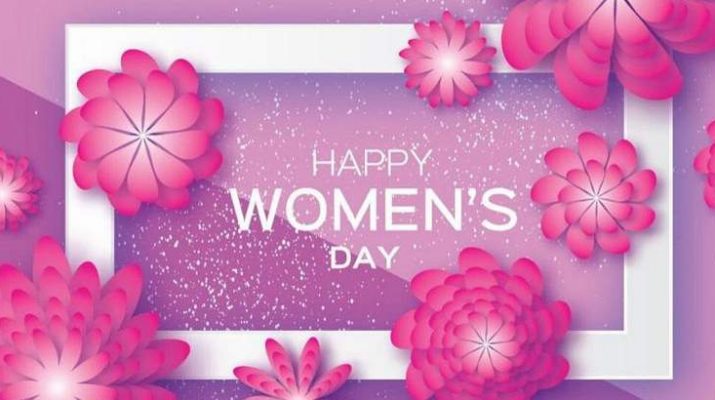And a happy International Women’s Day to you too.
Every year, on March 8, activists, organizations, and officials celebrate advancements in women’s rights; however, despite global advocacy and action, women continue to suffer a disproportionate burden of disease and death.
If health systems are expected to deliver responsive and high-quality health services that can end preventable child and maternal deaths, then governments, organizations, and leaders must first address women’s continued underrepresentation in health leadership, management, and governance.
Frankly put, expanding women’s health leadership requires a health system-wide approach that collaborates with individuals, organizations, and governments. For the LMG Project, this means building individual women’s leadership capacity, highlighting the importance of women in health governance, and mainstreaming gender at all levels of a health system.
Building Women’s Leadership Capacity
Although women may be underrepresented in health leadership positions, it is not due to a lack of women leaders. Around the world, women lead in their communities and organizations every day. One way that the LMG Project capitalizes on this untapped resource is through the East Africa Women’s Mentoring Network. The Network connects aspiring and experienced women leaders and fosters supportive mentor/mentee relationships.
| Caren Wakoli, a member of the East Africa Women’s Mentoring Network, presents at the International Conference on Family Planning in January 2016. (Photo: Sarah McKee/MSH) |
Furthermore, women with disabilities often experience “double discrimination,” says Rosy Sujatha, a participant in Mobility International USA’s Women’s Institute on Leadership and Disability (WILD) training of trainers in June 2015. The WILD program provides leadership training to women with disabilities from around the world, and the June 2015 training of trainers helped prepare 20 previous WILD alumnae to conduct their own mini-WILD trainings in their home countries.
Promoting Women in Health Governance
Despite women playing an increasing role in health systems as decision-makers, service providers, and clients, health governance structures continue to be dominated by men. This is problematic for many reasons, but one in particular is that siloing perspectives on governing bodies can often lead to less representative decisions and less responsive services.
One of the four practices of effective health governance is “engaging stakeholders,” and a major principle that underpins good governance is inclusion. When women are included in health governing bodies they can contribute their perspectives and identify some of the barriers that women face when accessing services. The LMG Project’s Gender in Health Governance Tool helps health governing bodies assess their decisions’ gender responsiveness.
Mainstreaming Gender in Health Systems
Building individual leadership capacity and ensuring inclusive decision-making do not lead to more responsive health services on their own. It is imperative that gender awareness and responsiveness be deliberately included and promoted throughout health systems.
In Benin, the LMG Project supported the Ministry of Health by performing a gender analysis and coordinating partner organizations to develop a national gender mainstreaming policy that would ensure access to health services for all.
| Cover of Health Systems in Action chapter 4, “Mainstreaming Gender Equality into Health Systems.” |
Similarly, the Ethiopian Federal Ministry of Health’s (FMOH) Gender Directorate worked with the LMG Project to take gender mainstreaming one step further. Through technical assistance to FMOH staff, the LMG Project helped to institutionalize gender awareness at all levels of Ethiopia’s health system by enriching a gender training manual for health managers throughout the country.
While the LMG Project’s activities may be limited in scope, they demonstrate the importance of a holistic approach to gender equity throughout health systems. Though many casual observers may capitalize on March 8 to highlight advancements in and challenges to women’s rights, the LMG Project supports women leaders wherever they are and whenever they need help. For us, every day is women’s day.
Follow @LMGforHealth on Twitter and like the Leadership, Management, and Governance Project on Facebook for the Project’s latest updates.


